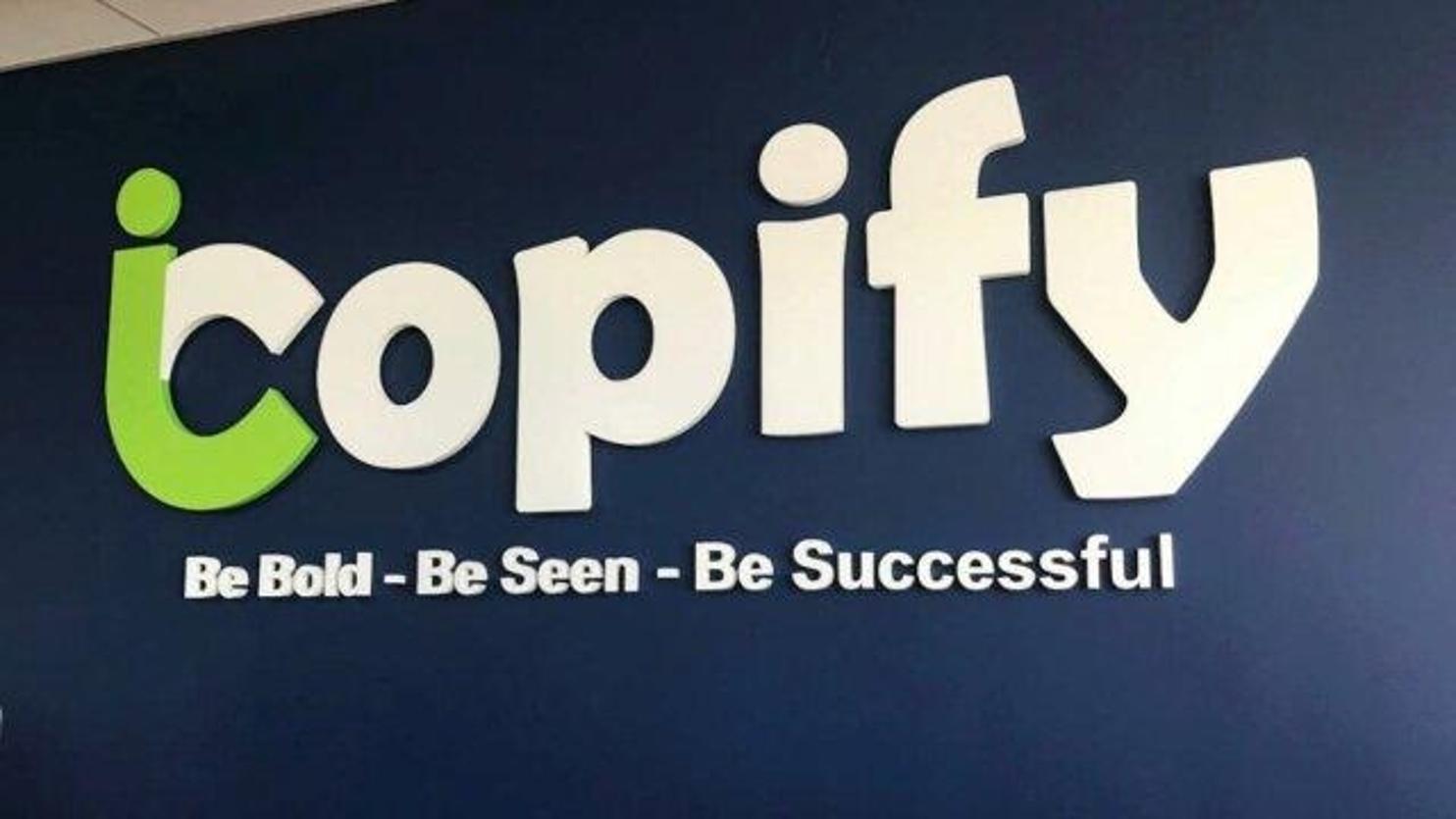ICOPIFY.COM, a service specialising in so called outreach link building, is facing serious allegations of promoting known scams by advertising manipulated SEO metrics that deceive website owners choosing to buy hyperlinks in an attempt to increase search engine visability
Reports have surfaced indicating that the company is engaged in unethical practices, including the dissemination of misleading advertising emails containing the promotion blotg URLs with manipulated SEO metrics through its website.
The controversy centers around iCopify’s promotion of Private Blog Network (PBN) blogs with manipluated domain authority and traffic statistics. The manipulated metrics are being used to mislead clients into purchasing backlinks that do not deliver the promised SEO benefits.
Investigations have revealed that the service is promoting blogs that boast fake domain authority scores and exaggerated website traffic data which creates a facade of credibility and effectivenes
Concerns have been raised about the integrity of iCopify business practices, particularly in how the service is presenting its offerings to potential customers.
Website owners who have paid for links through the so called outreach service have reported disappointing results, with many discovering that the advertised metrics were artificially inflated.
“The manipulation of SEO metrics not only undermines the trust of website owners but also compromises the integrity of the entire SEO industry,” said Amanda Ferrigton, a digital marketing academic based in Australia.
“It is crucial for businesses to be aware of these deceptive practices and to scrutinise the metrics and services they are investing in.” said Ferrigton.
Industry Spotlight: The Growing Concerns Over Manipulability of SEO Vanity Metrics and Its Impact on Digital Marketing
Recent investigations have shed light on the vulnerabilities of third-party SEO metrics providers, such as MOZ and Ahrefs, raising significant concerns about the ease with which these metrics can be manipulated.
SEO metrics from third-party providers have long been considered a cornerstone for evaluating website performance and search engine visibility. However, both MOZ and Ahrefs, leading names in the SEO tools industry, have been criticised for their metrics’ susceptibility to metrics scams
Freelancers and Blog Owners Exploiting Metrics Manipulation
In a related development, freelancers and blog owners have begun exploiting these loopholes to their advantage. Platforms like Icocify.com, which facilitates link trading and sponsored content, have become hotbeds for these manipulative practices.
By leveraging inflated SEO metrics, individuals are able to misrepresent their site’s authority to potential clients, often leading to unfair pricing and misguided marketing decisions.
Freelancers and bloggers are capitalising on the discrepancy between perceived and actual value by using these manipulated metrics to sell links and sponsored posts at premium rates.
The practice not only distorts the market but also undermines the effectiveness of legitimate SEO strategies. As a result, businesses investing in these services may find their marketing efforts undermined by inflated metrics that do not translate into real-world results.
“Increasing transparency and accountability is crucial to restoring trust in SEO metrics,. we need to prioritise accurate measurement tools and encourage ethical practices in the SEO community.” said Ferrigton.
Overlooking Verification of Freelance Services Amidst Growing Concerns Over Fake SEO Metrics
In light of recent revelations about the manipulation of SEO metrics, Icocify.com is under the spotlight for its apparent negligence in verifying and vetting the services and links advertised by freelancers on its platform.
Despite growing concerns over the authenticity of SEO metrics, Icocify.com has also been accused of prioritising turnover and profit over the integrity of its service offerings.
Investigations have uncovered that Icocify.com appears to be turning a blind eye to the verification and thorough vetting of services listed by freelancers. The lax approach has led to a proliferation of advertisements for services that are built on artificially inflated SEO metrics.
The platform’s failure to enforce stringent verification processes means that many of the links and services promoted by freelancers may be based on manipulated metrics.
Industry insiders suggest that Icocify.com’s reluctance to enforce rigorous checks stems from a desire to maximise it’s profit margines. By allowing freelancers to advertise their services without comprehensive checks and evaluations, the platform benefits financially from a higher volume of transactions.
“It is clear that Icocify.com is fully aware of the ongoing issues surrounding fake SEO metrics but chooses to overlook them in favor of financial gain,” said Ferrigton
After several attempts to reach the service iCopify has yet to issue an official response to these allegations. However, industry experts are calling for increased transparency and regulatory oversight to protect businesses from fraudulent digital practices.
Free site scams are also taking place
The very essence of trust in the gig economy is also being eroded as freelancers charge up to an eye-watering $100 to place content and links on websites that are completely free to submit to.
How could a platform that prides itself on connecting businesses with talented freelancers allow such a blatant exploitation of its users? The answer is disturbingly simple: iCopify.com is more interested in lining its pockets than in safeguarding the integrity of its services.
The audacity of these freelancers is staggering. They’re capitalising on the ignorance or desperation of clients, selling access to free websites under the guise of premium opportunities. This scam is not just a small blip on the radar—it’s an epidemic that raises serious concerns about iCopify’s vetting process.
One would assume that a platform like iCopify.com, which charges hefty commissions, would have robust measures in place to ensure that freelancers are legitimate and that the services offered are of genuine value.
Yet, this latest scandal suggests that the platform is less concerned with quality control and more focused on maintaining a steady flow of income, no matter the cost to its reputation—or to its users.
As the investigation continues, website owners are advised to exercise caution and conduct thorough research before engaging with link building services. Verification of metrics and independent reviews can help mitigate the risk of falling victim to such scams.
The issues surrounding the manipulability of SEO metrics and their exploitation by freelancers and blog owners are becoming increasingly apparent.
In the end, iCopify.com’s true colors have been revealed. It is no longer just a platform for freelancers; it has become a marketplace for scams, where the unsuspecting are preyed upon by those who care more about making a quick buck than delivering real value.
The onus is now on iCopify.com to clean up its act—or risk being forever tarnished by this scandal. For now, businesses and marketers are advised to approach third-party SEO metrics with caution, seeking out additional data points and adopting a more holistic view of their online presence.







